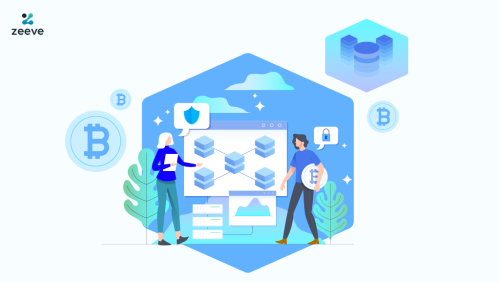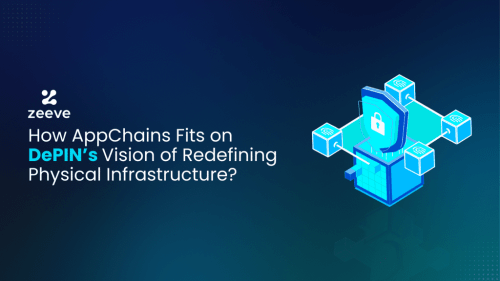Using Blockchain Technology to Feed the Middle East
The use of Blockchain technology for business and government has been incrementally growing over the past few years, and no doubt will continue to grow in the years to come. In terms of governmental use, the consulting firm Booze Allen-Hamilton has defined blockchain technology as being able to restore trust in government, protect sensitive data, reduce costs and improve efficiency. Accordingly, governments are now starting to realize blockchains benefits.
I would like to add one more major possibility to this list and that is the fostering of peace in the Middle East. The use of blockchain technology has become a hot topic as of late, with a Blockchain for Peace Hackathon currently scheduled to take place in the upcoming weeks. Hosted by Peace Accelerators, Stanford’s Peace Innovation Lab, and Bushwick Blockchain Alliance – Blockchain for Peace’s Law & Governance hackathon is aimed to “bring top Peace advocates, creative technologists, and blockchain experts into a room to devote their weekend to making the world a better place for everyone.”
The goal here is worthwhile, however the question remains-how can open ledger technology be used as a vehicle towards peace. When focusing in on the Middle East, Professor Blockchain, LLC believes that one of the areas whereby blockchain technology can facilitate cooperation is in the field of agriculture. The common denominator in the Middle East is its desert landform and the difficulty of agriculture maximization and utilization of produce grown. Countries such as Israel have utilized innovative technologies such as advanced drip irrigation to solve this problem.
In 1965 Kibbutz Hatzerim built a whole new industry, called Netafim. This industry which is translated as “drops” is not really drops but “drips,” or better known as drip irrigation. The newest models are self-cleaning and maintain undeviating flow rate irrespective of water quality and pressure. Presently, new drip irrigation technology called “Tipa” “uses gravity when there is no water supply or water pressure coming to rural areas.” It is currently being utilized in the deserts of Senegal for crop growth. Such a system should serve as a model for the entirety of the region.
Blockchain technology itself, improves efficiency of field operations by connecting sensors and sensor data and analyzing it in real time via Artificial Intelligence. Distributing this information onto the blockchain whereby it can be verified and shared in either a controlled or open format could serve as a step-in peaceful technology partnership. In this instance, Middle Eastern Countries would be able to use this data to replicate the process, whereby water would not be needed to irrigate the desert. Real time results and information based upon climate information would also allow the regions countries to continually adapt. If water was to disappear as an issue in the Middle East, it is our opinion that a large part of the conflict in the region would dissipate. Why? Due to the fact, that each country would be able to feed their own population without having to buy or conquer other countries resources.
There is no doubt that this would serve as a first step in the utilization of blockchain technology for peaceful purposes in the fields of water and agriculture in the Middle East. The question of compensation for the use of a company’s proprietary technology could be solved using Smart Contracts set forth at specific identified data points. Thus, the smart contracts which would be built on the blockchain would ensure that no information flows without prior agreed upon parameters and “x” and “y” action definitions.
As we can see from this one example, blockchain technology holds within itself the possibility of furthering cooperation and peaceful relations around the world. This is especially true in the Middle East, where much of this cutting-edge technology is being developed.




Responses